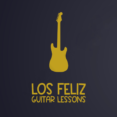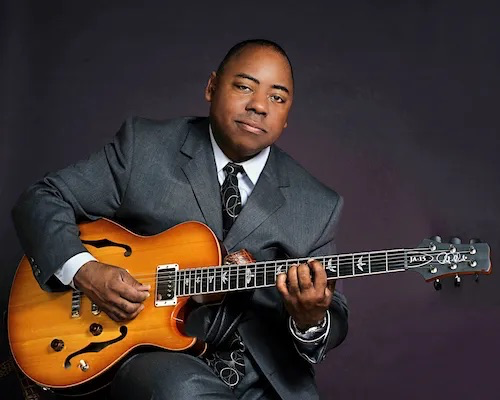Rhythm Guitar Playing: 6 Ways to Improve!
Rhythm guitar forms the backbone of countless iconic songs across various genres, from rock to jazz to blues. Mastering rhythm guitar not only enhances your ability to accompany others but also enriches your overall musicality. Whether you’re a beginner or an experienced guitarist looking to refine your skills, here are six effective ways to elevate your rhythm guitar playing:
1. Focus on Timing and Precision
The essence of great rhythm guitar lies in impeccable timing and precision. Practice with a metronome to develop a solid sense of timing. Start slow and gradually increase the tempo as you become more comfortable. Pay attention to subdivisions (e.g., eighth notes, sixteenth notes) and ensure each strum or chord change aligns perfectly with the beat. Recording yourself can also provide valuable feedback on areas where your timing may need improvement.
2. Master Essential Strumming Patterns
Strumming patterns are the rhythmic framework of a song. Learn a variety of strumming patterns—such as downstrokes, upstrokes, and combinations thereof—and practice them with different chord progressions. Experiment with dynamics (loudness and softness) to add depth to your playing. Once comfortable, challenge yourself with more complex patterns that syncopate or accentuate specific beats, giving your playing a more dynamic and engaging feel.
3. Develop Fingerstyle Techniques
While strumming is fundamental to rhythm guitar, incorporating fingerstyle techniques can significantly enrich your playing. Practice fingerpicking patterns across different chord shapes and progressions. Focus on clarity and consistency in each note, maintaining a steady rhythm throughout. Fingerstyle techniques allow for greater control over dynamics and texture, offering versatility in how you interpret and perform songs.
4. Learn to Listen and Adapt
Good rhythm guitarists are attentive listeners who adapt to the nuances of the music and other musicians. Train your ear to recognize chord changes, rhythmic accents, and subtle variations within songs. Practice playing along with recordings of your favorite songs or with other musicians to hone your ability to blend seamlessly into different musical contexts. Listening actively will not only improve your timing but also enhance your musical sensitivity and improvisational skills.
5. Study Different Musical Styles
Expand your rhythmic vocabulary by exploring various musical styles. Each genre—from blues and funk to reggae and Latin—offers unique rhythmic patterns and grooves. Analyze how rhythm guitarists in different styles approach timing, phrasing, and chord . Incorporate elements from diverse genres into your practice sessions to broaden your rhythmic repertoire and develop a more eclectic musical sensibility.
6. Practice with Backing Tracks and Jam Sessions
Engage in regular jam sessions or practice with backing tracks to simulate real-life musical scenarios. These sessions allow you to apply your rhythm guitar skills in a dynamic and improvisational context. Experiment with different tempos, keys, and styles to challenge yourself and discover new rhythmic ideas. Jamming with others also fosters collaboration and musical communication, helping you refine your sense of groove and learn from fellow musicians.
Conclusion
Improving your rhythm guitar playing is a journey that requires dedication, patience, and a willingness to explore new techniques and musical styles. By focusing on timing, mastering strumming patterns, developing fingerstyle techniques, listening actively, studying diverse genres, and engaging in jam sessions, you’ll steadily enhance your rhythmic proficiency and musical expressiveness. Remember, the essence of great rhythm guitar lies not only in technical skill but also in the ability to groove with the music and connect with your fellow musicians. Keep practicing, keep experimenting, and enjoy the rhythmic journey ahead!
If you’d like to learn more about playing killer rhythm guitar, contact Los Feliz Guitar Lessons for you free first lesson!

